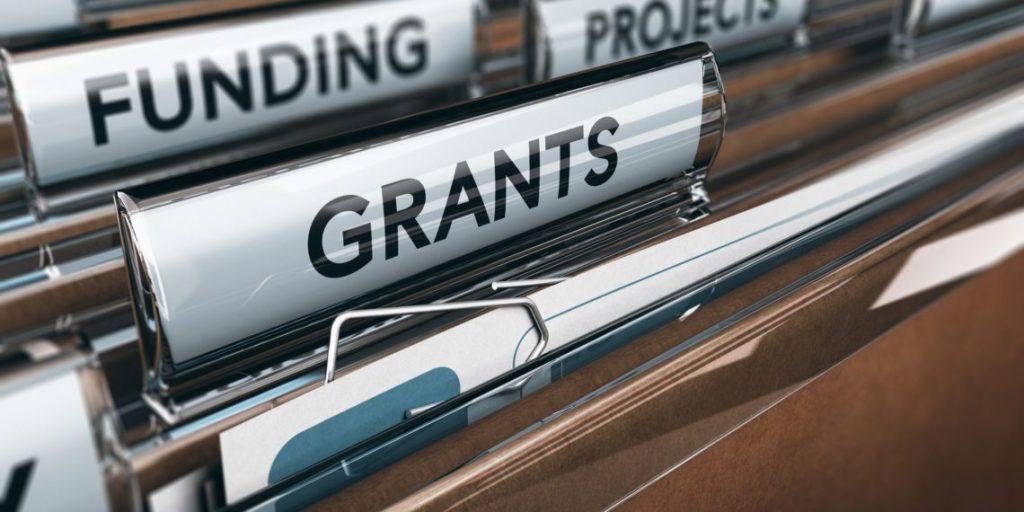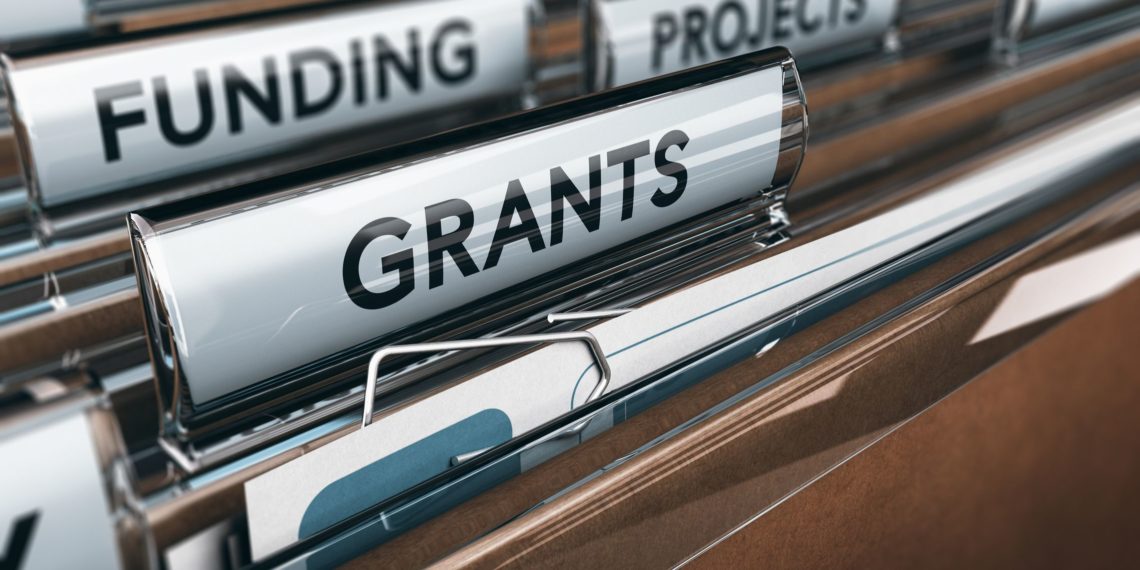
23 states of the federation and the Federal Capital Territory have received about 25 billion Naira from the Conditional Grant Schemes as inventive to invest more into areas of national development priorities and the Millennium Development Goals, MDGs, and Sustainable Development Goals, SDGs.
The disbursement of the fund, which began in 2015, was introduced in 2007 with a 50 percent marching grant from the federal government and 50 percent from the participating states.
The Senior Special Assistant to the President on SDGs, Mrs. Adejoke Orelope-Adefulire, who disclosed this in Abuja, while briefing State House correspondents, said the grants were targeted at education, health, water and sanitation projects, and aimed at executing pro-poor projects in a consultative manner with the beneficiaries.
She said the money was spent on the implementation of 732 water and sanitation facilities, 494 health facilities, 616 education facilities, 1,150 women and men were empowered and trained in vocational skills, such as sewing, knitting, detergent, and pomade-making.
Mrs. Orelope-Adefulire stated that there were special intervention projects across the 6 geo-political zones, affirming that the initiative was aimed at strategic investment to fast-track the achievements of the SDGs in Nigeria.
The presidential aide explained that between 2016 and 2021, a record number of projects were implemented to provide essential services to accelerate the achievement of the SDGs, by that all Nigerians were captured.
She said they had constructed 195 health centres, comprising Primary Healthcare Centres, and Mother and Child Centres, and them complemented with the supply of 199 intensive care units and rural ambulances, 257 incubators and 7,464 regular and automated hospital beds.
She explained that her office and the SDGs had constructed 66 vocational and skills acquisition centres, supplied 1,294 power transformers, provided 19,266 solar-powered streetlights, 300 housing units for internally-displaced persons in Borno State, and 925 solar boreholes.
Mrs. Orelope-Adefulire disclosed that Nigeria’s current access to basic drinking water now stood at 64 percent, adding that the review emphasised the need for more investment in public health, and ensurance that the most vulnerable were reached through universal access to basic healthcare services.
On ending poverty in all its forms everywhere, reducing poverty and sharing prosperity under SDGs Goal 1, she said the federal government had maintained steady investment in expenditure in health, education, and other social services between 2015 and 2018, stressing that investments in those areas are essential and integral to addressing poverty.
According to her, the Federal Government has demonstrated strong commitment towards the 2030 Agenda for sustainable development, and that the SDGs institutional frameworks have been established at the national and sub-national levels to support effective implementation of the SDGs, making Nigeria to maintain her lead in the institutionalisation of the SDGs.
The presidential aide said Robust Monitoring and Tracking Systems had been designed to ensure effective tracking of interventions, using computer-assisted software.
Bello Wakili
